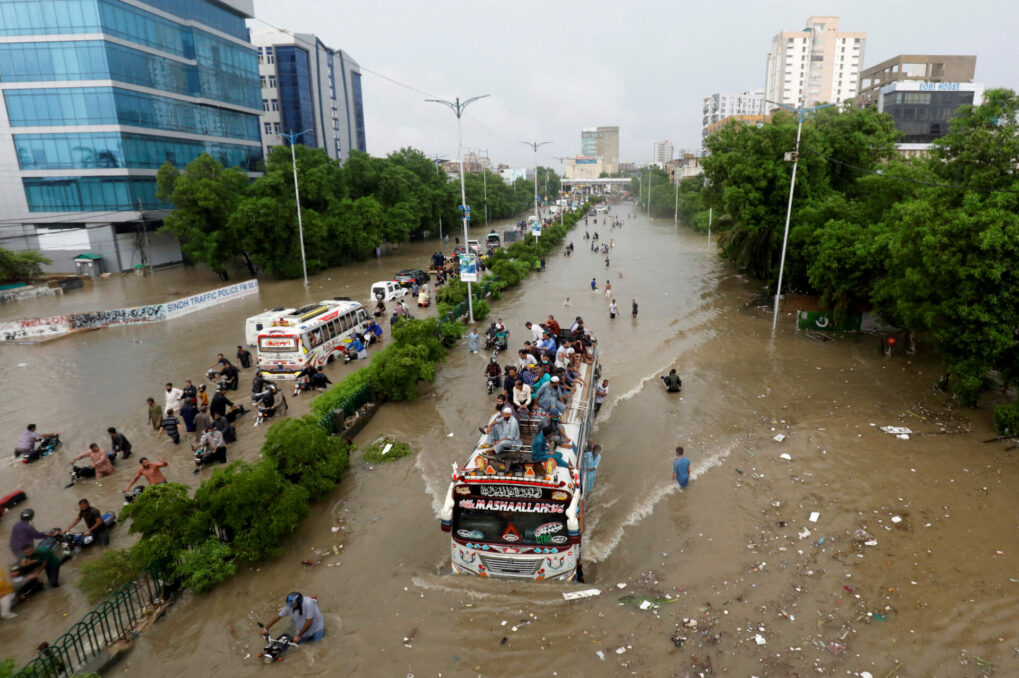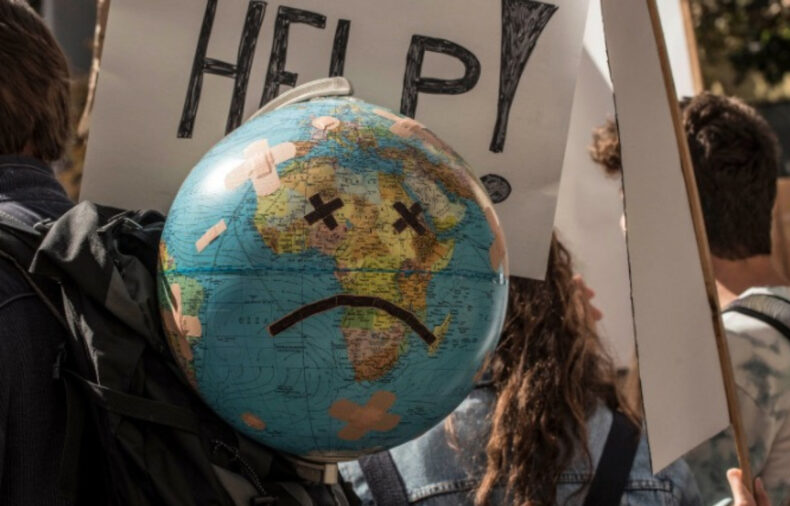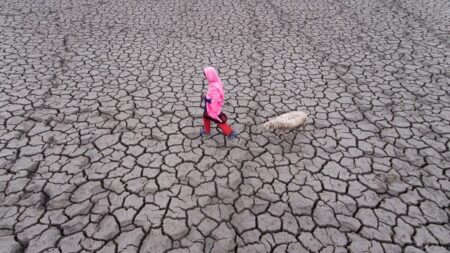Scientists from all across the world express significant alarm as the summer of 2024 progresses, warning that the extreme weather events this season may be a sign of an oncoming climate change catastrophe. Heatwaves that are getting worse, destructive wildfires, unheard-of floods, and persistent hurricanes are not isolated occurrences but rather signs of a greater ecological disaster.
Image credits: The Probe
According to a recent assessment from the World Meteorological Organization (WMO), heat-trapping greenhouse gases and a naturally occurring El Nio phenomenon are anticipated to cause global temperatures to rise to record levels in the next five years.
Between 2024 and 2027, there is a 66% chance that the annual average near-surface global temperature will be at least 1.5°C higher than pre-industrial levels for at least one year. At least one of the upcoming five years, as well as the entire five-year span, have a 98% chance of becoming the warmest on record.
Heatwaves and wildfires-
The summer of 2024 has witnessed record-breaking heatwaves affecting regions across the world. Cities that are accustomed to moderate temperatures have experienced scorching highs, posing severe threats to public health, agriculture, and energy systems. The phenomenon of urban heat islands exacerbates the issue, raising concerns about heat-related illnesses and soaring energy demands.
Massive wildfires have engulfed vast areas of forests and grasslands, emitting immense volumes of greenhouse gases and aerosols into the atmosphere. Wildfires not only contribute to global warming but also cause air pollution, respiratory issues, and economic losses. Understanding the underlying causes of these infernos is crucial in developing effective wildfire prevention and management strategies.
Relentless floods and rising sea levels-

Image credits: Reuters
Heavy floods and increasing sea levels are a double whammy for coastal regions. The risk of flash floods, which engulf communities and disrupt lives, increases due to an increase in intense precipitation events. Low-lying regions and island countries face an existential threat as a result of rising sea levels brought on by melting glaciers and ice sheets.
Global Warming and extreme weather-
The intensification of heatwaves, wildfires, floods, and hurricanes can be attributed to the rising global temperatures caused by the accumulation of greenhouse gases in the atmosphere. Human activities, particularly the burning of fossil fuels and deforestation, contribute significantly to the greenhouse effect, driving climate change and its adverse effects.
Scientists studying climate change have issued a warning that the current crisis could set off feedback loops and tipping points, which would cause irreversible changes to occur as a result of certain environmental processes. For instance, as Arctic ice melts, the Earth becomes less reflective, which increases global warming and speeds up glacier melt and sea level rise.
The call for action-
To mitigate the impact of climate change, transitioning from fossil fuels to renewable energy sources is imperative. Embracing solar, wind, hydro, and geothermal energy not only reduces greenhouse gas emissions but also ensures a sustainable energy future.
Preserving and restoring natural ecosystems, such as forests and wetlands, is vital to sequester carbon dioxide and protect biodiversity. Reforestation initiatives can play a crucial role in absorbing CO2 and combating climate change.
Summer 2024 serves as a stark reminder of the urgent need to address the challenges posed by climate change. The extreme weather events experienced during this season reflect a broader trend of escalating climate-related disasters. To avert a catastrophic climate change scenario, we must act decisively and collectively to reduce greenhouse gas emissions, preserve natural ecosystems, and adopt sustainable practices.













